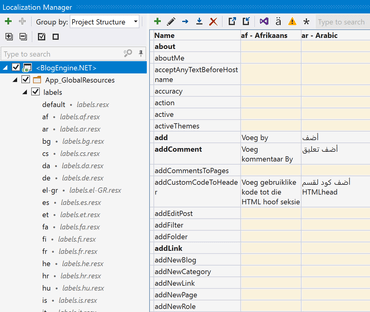Offizieller Lieferant
Als offizieller und autorisierter Distributor beliefern wir Sie mit legitimen Lizenzen direkt von mehr als 200 Softwareherstellern.
Sehen Sie alle unsere Marken.
ReSharper
ReSharper C++
dotTrace
dotCover

Steigern Sie Ihre .NET.-Produktivität!
Live-Chat mit unseren JetBrains-Lizenzierungs-Spezialisten.